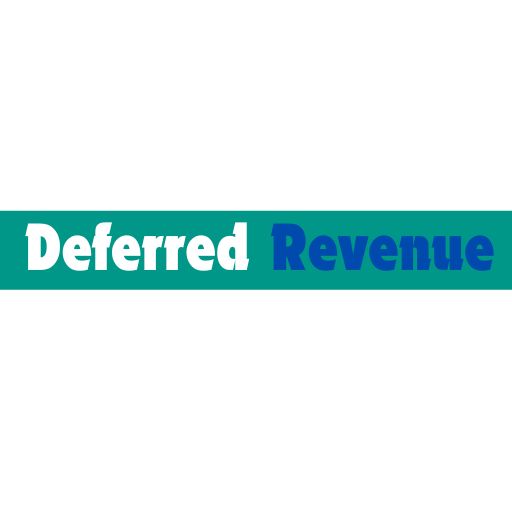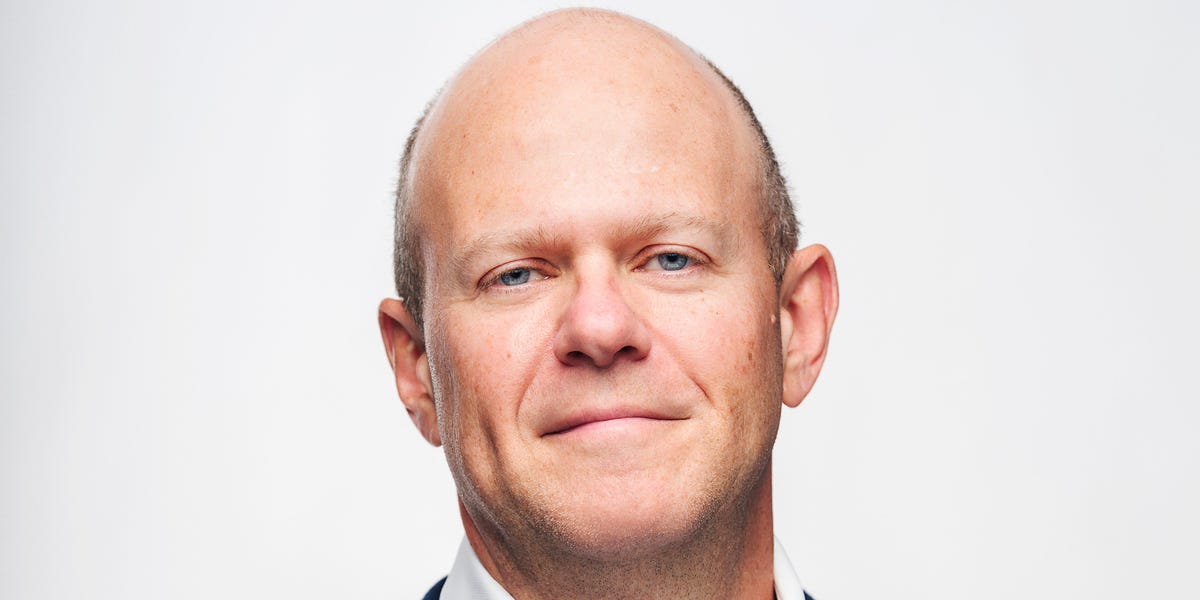The global trade association for alternative funds has called for action to address the banking challenges faced by crypto-focused hedge fund managers, citing systemic barriers that threaten innovation and US competitiveness.
A survey conducted by the Alternative Investment Management Association (Aima) on 160 crypto hedge funds revealed that 75% have faced difficulties in accessing or growing banking services for their funds. In contrast, none of the surveyed traditional alternative investment managers reported similar issues. Additionally, 67% of crypto fund managers cited challenges with banking services for their management companies, raising concerns about financial inclusivity.
The report also found that 98% of crypto hedge funds notified of the potential termination of banking relationships were not provided clear reasons. Aima argued that these challenges—dubbed “Operation Choke Point 2.0” in industry circles—are damaging “operational efficiency, investor confidence, and talent acquisition”, with broader implications for the US financial system and innovation landscape.
Technology & operations leaders to gather at FundsTech Forum 2025
To resolve the issues, Aima has recommended fostering dialogue among stakeholders, encouraging banks to adopt risk-based rather than blanket approaches to onboarding crypto businesses, and creating clear regulatory guidelines for crypto fund managers.
Michelle Noyes, managing director and head of Americas, Aima, said: “The survey data demonstrates the significant challenges US crypto hedge funds face in accessing basic banking services. Aima is committed to finding a path forward for the entire digital asset industry that satisfies robust risk management requirements and supports financial inclusion.”
John D’Agostino, co-chair, Aima Digital Assets Working Group, added: “Crypto investment managers, who are offering investors diversified exposure to this asset class and achieving remarkable performance, are facing barriers due to systemic underservicing by banks despite having key operational controls in place. This is not just an industry problem—it’s an economic and innovation issue for the US.”





